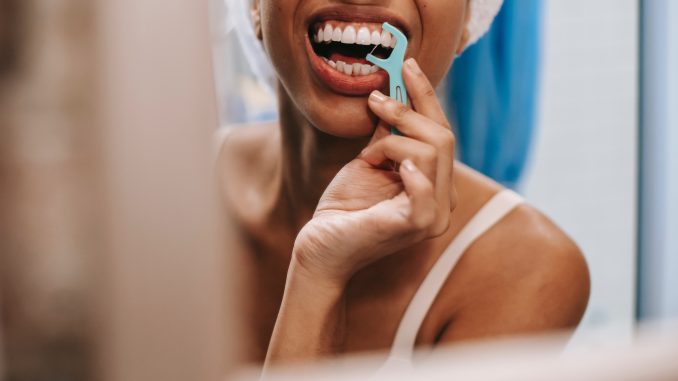
Even though you can rarely make out by yourself if you have bad breath, the condition can be embarrassing and may even cause anxiety if persistent. Halitosis, as the condition is called in medical terms, is common, and its primary causes are certain health conditions, foods, and oral care habits. To address the problem, you need to enforce proper dental care, and if home treatment does not succeed, you may need to consult a dentist to identify the cause and address it appropriately.
Typical Causes of Bad Breath
Food: Food particles trapped in the teeth and mouth can increase bacterial activity, causing a foul odor. Certain foods like garlic, onion, and spices may also cause bad breath since. Those who smoke or chew tobacco are more prone to gum disease, a leading cause of bad breath.
Poor dental hygiene: Food particles remain in your mouth, if you don’t rinse your mouth, brush, and floss after eating can cause bad breath. Plaque buildup can lead to gum irritation and the formation of plaque-filled pockets, causing bad breath. Also, clean your tongue and dentures regularly to prevent bad breath.
Dry mouth: One of the vital functions of saliva is keeping the mouth lubricated and helping cleanse the mouth. Deceased saliva production can lead to a condition called xerostomia or dry mouth that contributes to bad breath.
Oral infections and diseases: Surgical wounds after tooth removal or as a result of gum disease, tooth decay, or mouth sores can cause bad breath. Infections in the mouth, throat, and nose can result in bad breath. Metabolic disorders like GERD or some cancers produce chemicals that produce foul odors. Sometimes medications release chemicals or reduce saliva production are also responsible for mouth odor, observes Dr. Pagniano, a dentist in Dublin.
Treating Bad Breath
The best way of tackling bad breath is to take good care of your oral health. Rinsing your mouth with water after each meal can remove food debris. Brush your teeth twice daily, floss daily, and use a tongue scraper to remove bacteria from your tongue. Drinking water helps to sweep away bacteria and food particles that can cause foul breath. Avoiding or minimizing the consumption of strong-smelling foods like garlic and onions can help eliminate bad breath. Mouthwash can help kill bacteria in your mouth that can cause bad breath. According to Forbes, you should avoid mouthwash containing alcohol as it makes the mouth drier. Quitting smoking can reduce bad breath and the risk of gum disease and other oral health problems. You should make it a point to visit your dentist if your bad breath persists despite these measures. Regular dental check-ups and cleanings can help identify and treat any underlying oral health problems that may be causing bad breath.
Conclusion
Many reasons can cause bad breath. Maintaining a high level of oral hygiene by not letting food debris accumulate in the mouth or between the teeth and on the tongue can help address it. Avoiding strong-smelling food and drink can also help. Consulting your dentist is recommended for identifying the cause of persistent bad breath and its treatment.
